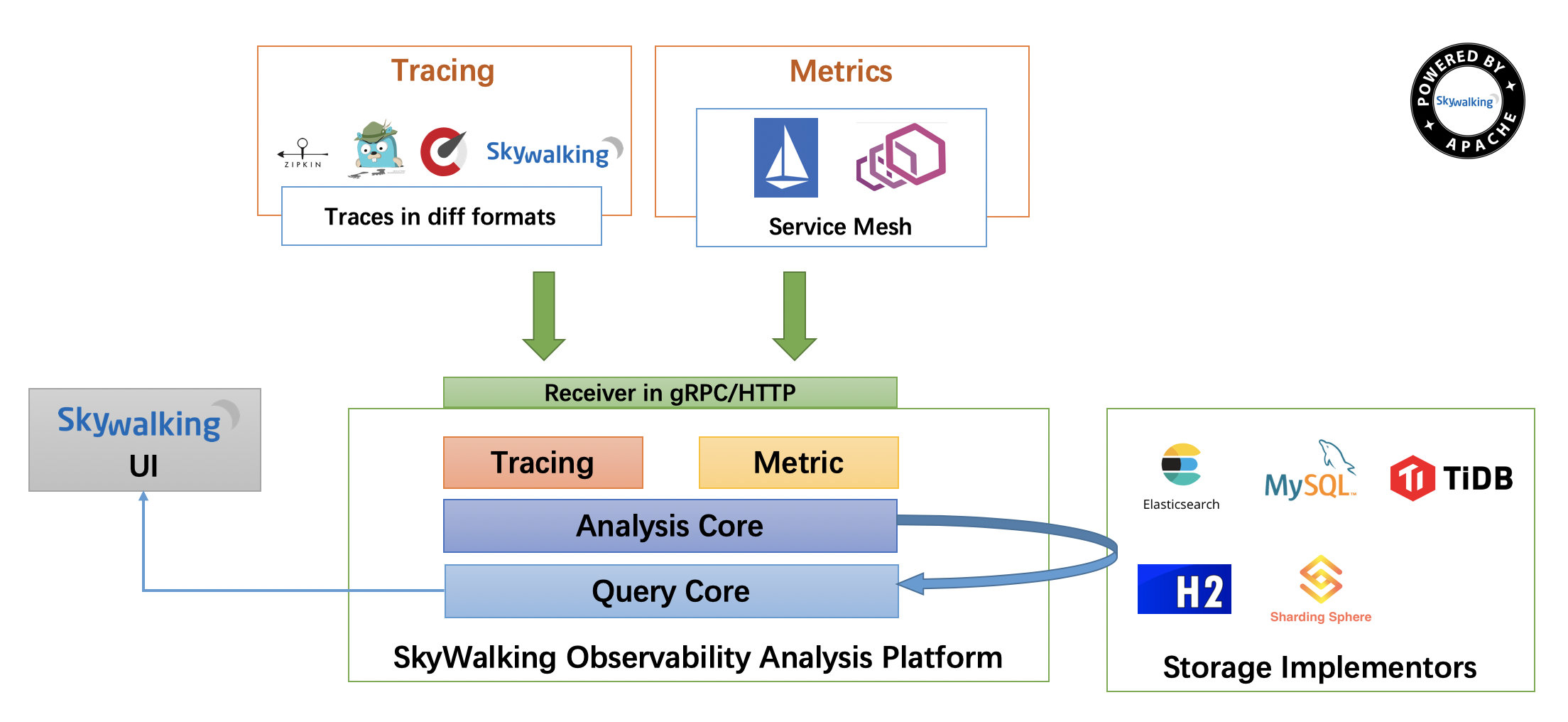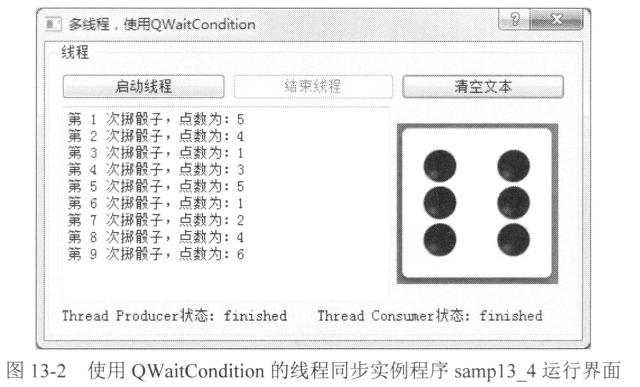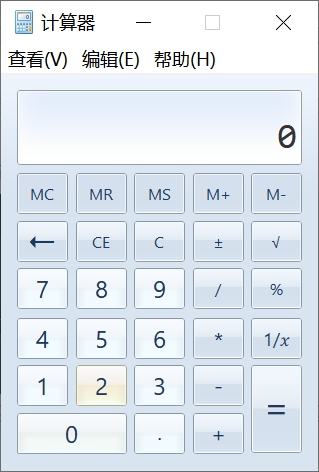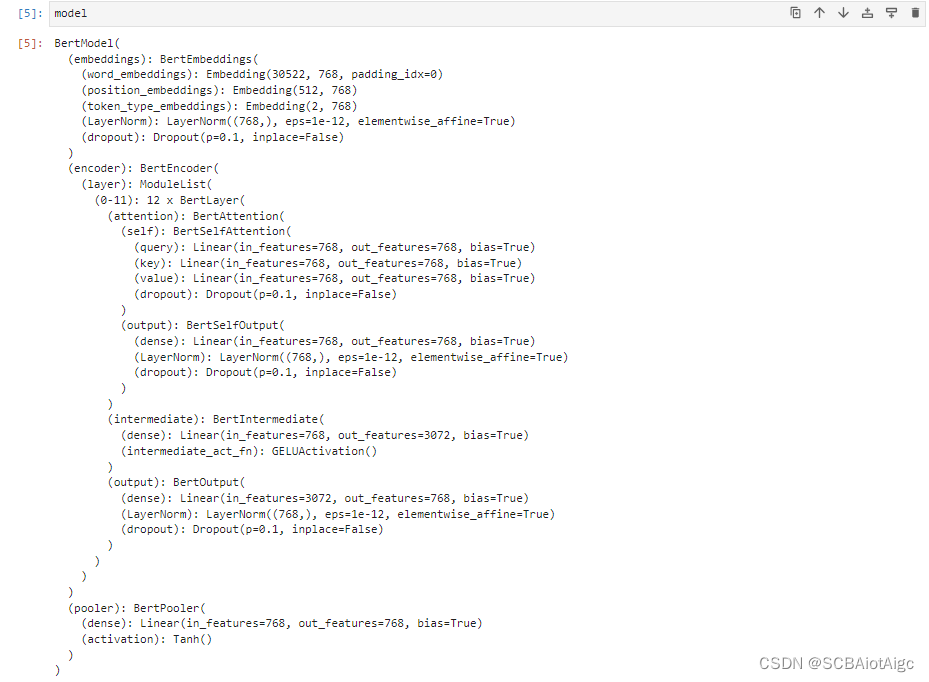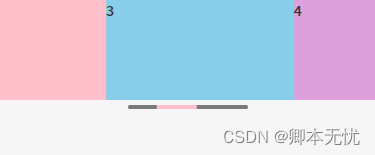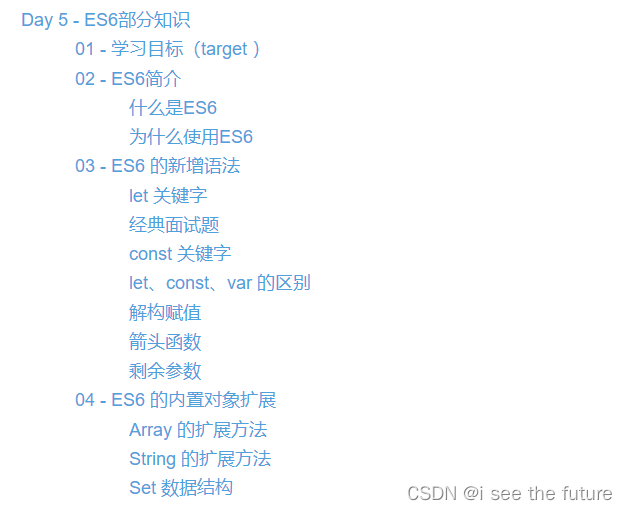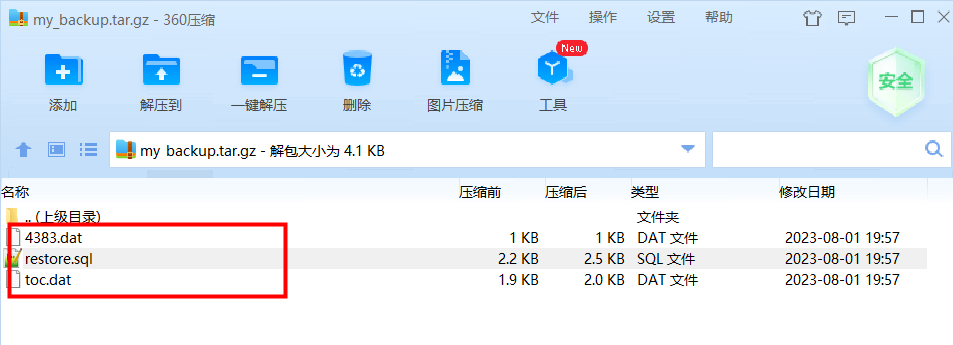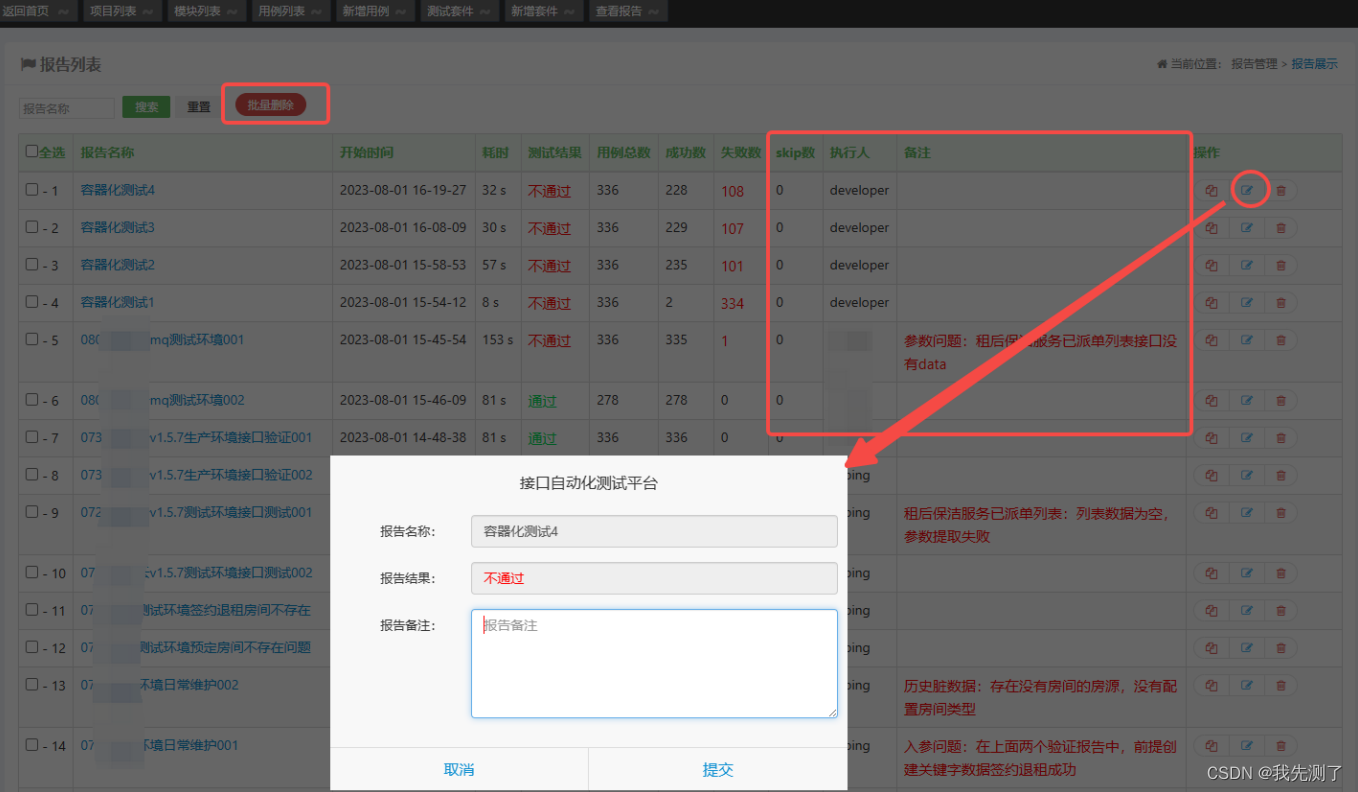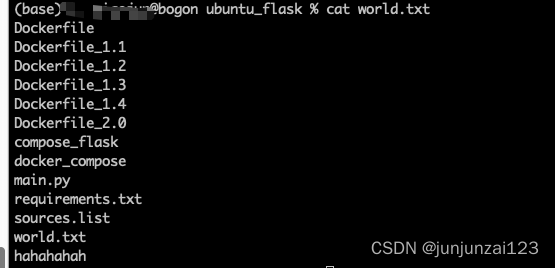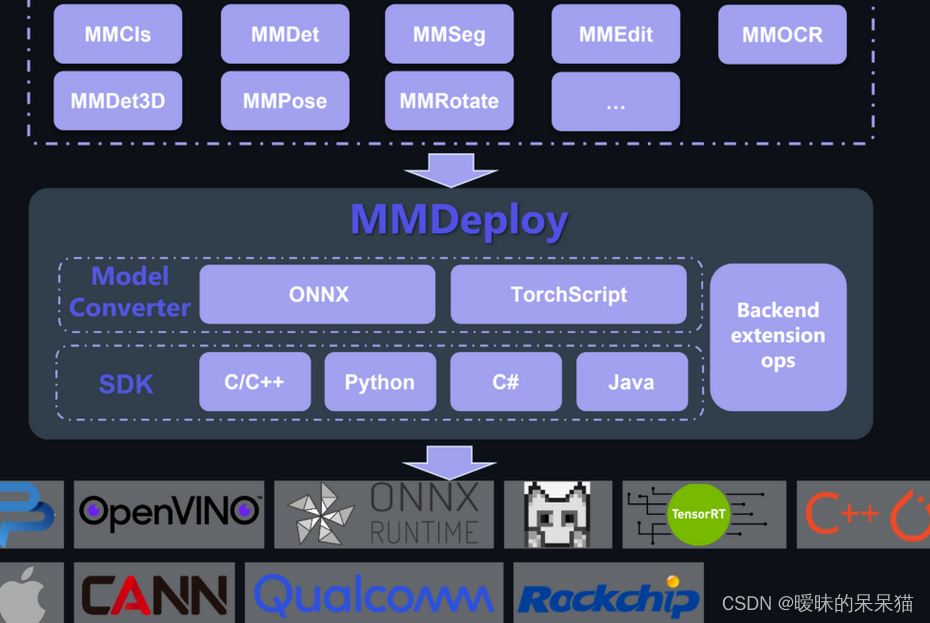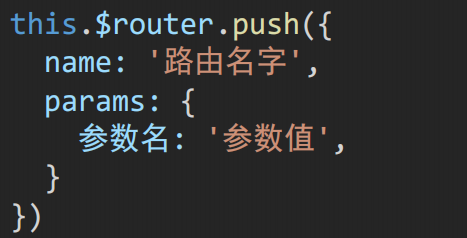概要
我们在开发过程中,经常使用async的异步方法,但是有些时候,异步的方法中,可能包含一些同步的处理。本文主要介绍通过ValueTask这个struct,优化异步处理的方法性能。
代码及实现
有些时候我们会缓存一些数据在内存中,这些数据因为不经常改变,所以并不需要每次都要从后台数据库中获取。
例如下面的代码:
private static List<Branch> _branches;
public async Task<List<Branch>> getBranches(){
if (_branches is null){
using (var context = new BankContext()){
_branches = await context.Branches.ToListAsync();
}
}
return _branches;
}
在一个银行App相关的系统中,我们将分行的基本信息缓存在内存中,方便其它方法调用。
上面的代码有一个问题,无论我们的缓存是否命中,都会以Task<List>的形式返回。也就是说Runtime需要为返回Task相关的内容分配内存空间;如果缓存命中,意味着该方法仅仅是执行同步操作,实际上只是一个同步操作。
如果以Task<List>作为返回值,对于同步操作而言,完全是在浪费系统资源。Task是一个类,这就意味着只要我们要使用该类,就必须创建对象,然后在通过GC收集。
对于一些高吞吐量,高并发的站点,如果可以对其进行适当优化,可以节约大量资源。
ValueTask 解决方法
在.Net Core .2.0中,引入一个结构体类型 ValueTask, 用于处理async方法中,同步和异步返回并存的情况。
因为其只是一个结构体,它并不需要像Task那样去创建对象,再被GC收集。但是它却可以包裹TResult或Task,作为async方法的返回值。
我们将上面的代码进行修改,将Task替换成ValueTask即可
private static List<Branch> _branches;
public async ValueTask<List<Branch>> getBranchesByTaskValue(){
if (_branches is null){
using (var context = new BankContext()){
_branches = await context.Branches.ToListAsync();
return _branches;
}
}
return _branches;
}
我们用Benchmark测试上述两个方法的性能。

从测试结果上看,ValueTask作为返回值,消耗时间增加了约27%,但是内存消耗几乎可以忽略不计。
全部代码请参考附录
附录
Programs.cs
using System.Diagnostics;
using System.Globalization;
using System.Diagnostics.CodeAnalysis;
using System.Reflection;
using System.Runtime.CompilerServices;
using System.Net.Mail;
using System.ComponentModel.Design.Serialization;
using System;
using System.Threading;
using System.Threading.Tasks;
using Microsoft.EntityFrameworkCore;
using System.Linq;
using System.Collections.Generic;
using BenchmarkDotNet.Running;
using BenchmarkDotNet.Attributes;
using BenchmarkDotNet.Diagnosers;
namespace IQueryableIEnumerable
{
[MemoryDiagnoser]
public class Programs
{
[Benchmark]
public async Task getBranches(){
TaskValueTest task = new TaskValueTest();
for(var i=0;i<5;++i){
await task.getBranches();
}
}
[Benchmark]
public async Task getBranchesByValueTask(){
TaskValueTest task = new TaskValueTest();
for(var i=0;i<5;++i){
await task.getBranchesByTaskValue();
}
}
public static void Main(string[] args)
{
var summary = BenchmarkRunner.Run<Programs>();
}
}
}
TaskValueTest.cs
namespace IQueryableIEnumerable
{
using System;
using System.Threading;
using System.Threading.Tasks;
using Microsoft.EntityFrameworkCore;
using System.Linq;
using System.Collections.Generic;
using BenchmarkDotNet.Running;
using BenchmarkDotNet.Attributes;
using BenchmarkDotNet.Diagnosers;
public class TaskValueTest
{
private static List<Branch> _branches;
private static List<Branch> _branches2;
public async ValueTask<List<Branch>> getBranchesByTaskValue(){
if (_branches is null){
using (var context = new BankContext()){
_branches = await context.Branches.ToListAsync();
}
}
return _branches;
}
public async Task<List<Branch>> getBranches(){
if (_branches2 is null){
using (var context = new BankContext()){
_branches2 = await context.Branches.ToListAsync();
}
}
return _branches2;
}
}
}
